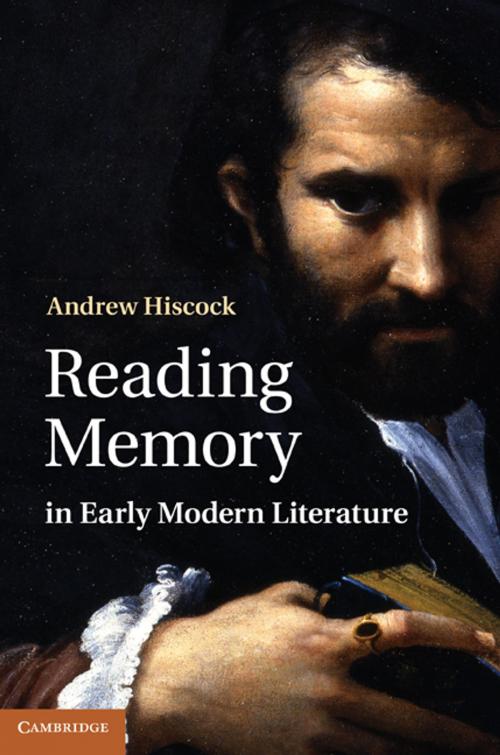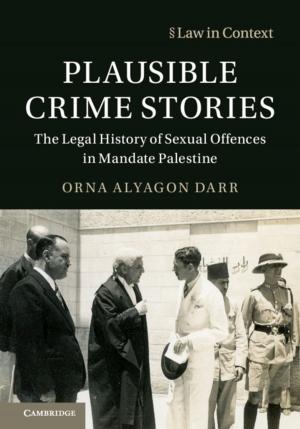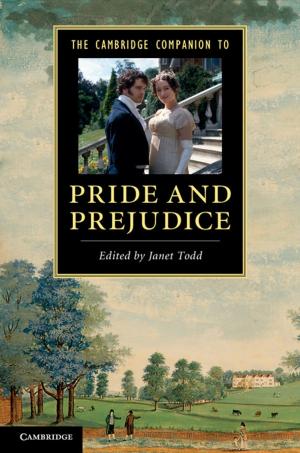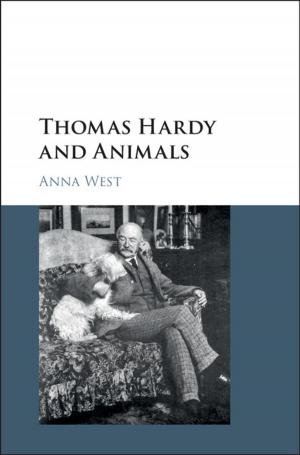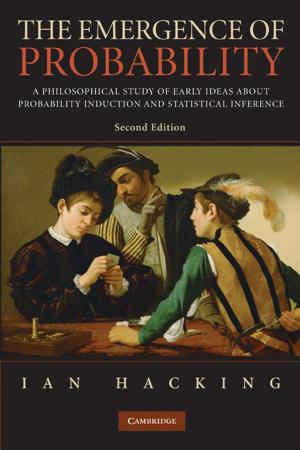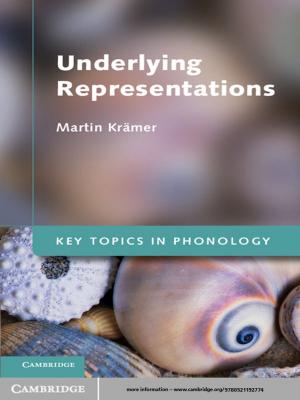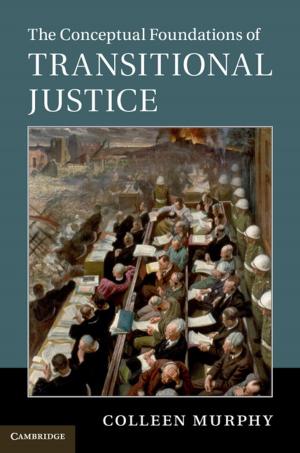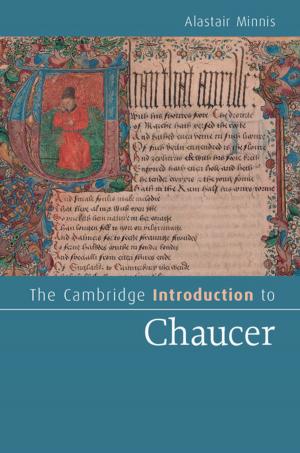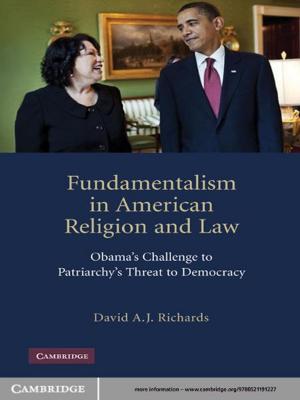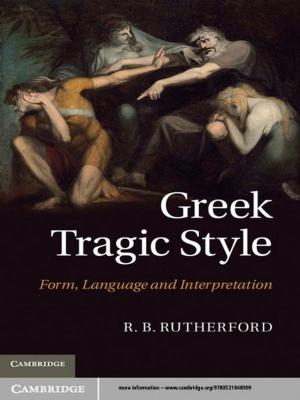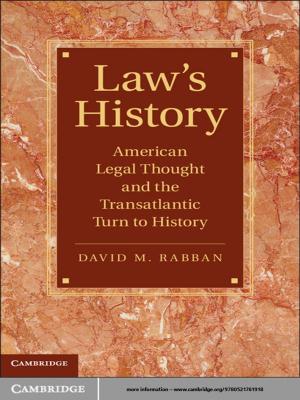Reading Memory in Early Modern Literature
Fiction & Literature, Literary Theory & Criticism, British| Author: | Andrew Hiscock | ISBN: | 9781316023747 |
| Publisher: | Cambridge University Press | Publication: | October 13, 2011 |
| Imprint: | Cambridge University Press | Language: | English |
| Author: | Andrew Hiscock |
| ISBN: | 9781316023747 |
| Publisher: | Cambridge University Press |
| Publication: | October 13, 2011 |
| Imprint: | Cambridge University Press |
| Language: | English |
'He who remembers or recollects, thinks' declared Francis Bacon, drawing attention to the absolute centrality of the question of memory in early modern Britain's cultural life. The vigorous debate surrounding the faculty had dated back to Plato at least. However, responding to the powerful influences of an ever-expanding print culture, humanist scholarship, the veneration for the cultural achievements of antiquity, and sweeping political upheaval and religious schism in Europe, succeeding generations of authors from the reign of Henry VIII to that of James I engaged energetically with the spiritual, political and erotic implications of remembering. Treating the works of a host of different writers from the Earl of Surrey, Katharine Parr and John Foxe, to William Shakespeare, Mary Sidney, Ben Jonson and Francis Bacon, this study explores how the question of memory was intimately linked to the politics of faith, identity and intellectual renewal in Tudor and early Stuart Britain.
'He who remembers or recollects, thinks' declared Francis Bacon, drawing attention to the absolute centrality of the question of memory in early modern Britain's cultural life. The vigorous debate surrounding the faculty had dated back to Plato at least. However, responding to the powerful influences of an ever-expanding print culture, humanist scholarship, the veneration for the cultural achievements of antiquity, and sweeping political upheaval and religious schism in Europe, succeeding generations of authors from the reign of Henry VIII to that of James I engaged energetically with the spiritual, political and erotic implications of remembering. Treating the works of a host of different writers from the Earl of Surrey, Katharine Parr and John Foxe, to William Shakespeare, Mary Sidney, Ben Jonson and Francis Bacon, this study explores how the question of memory was intimately linked to the politics of faith, identity and intellectual renewal in Tudor and early Stuart Britain.
